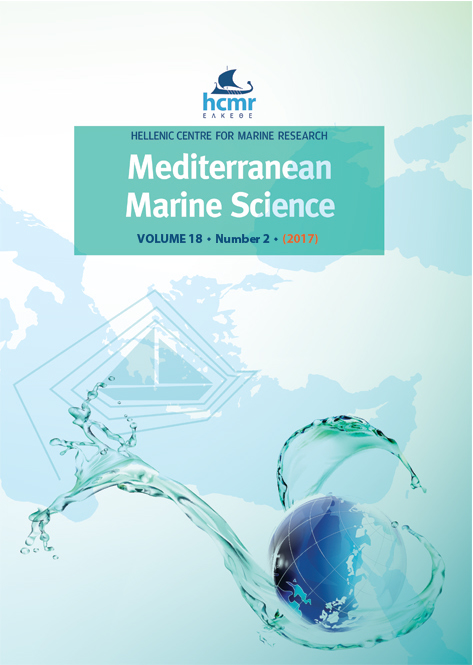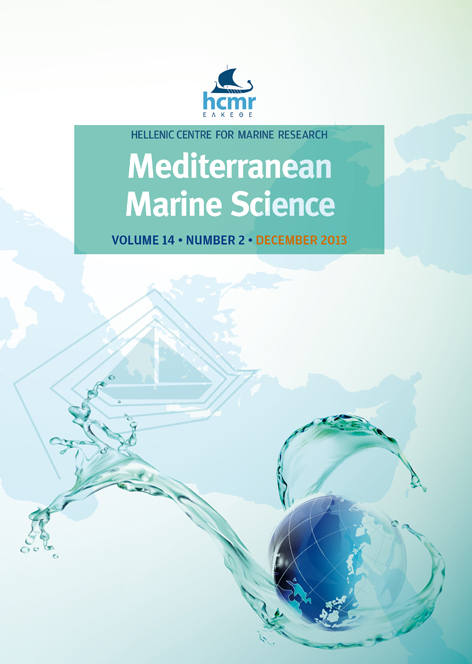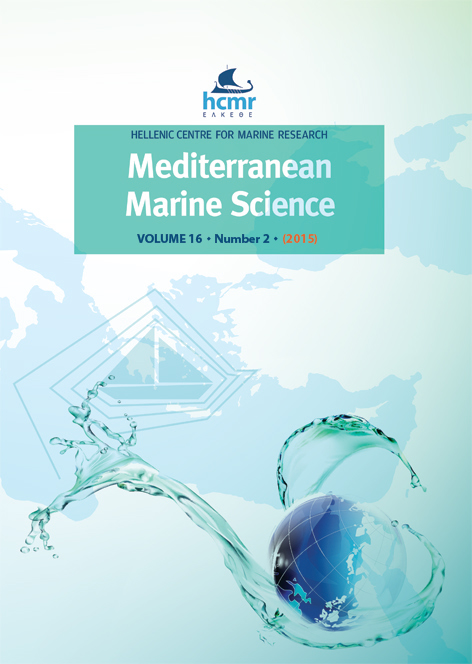Reconstruction of Marine Fisheries Catches for the Republic of Malta (1950-2010)
Περίληψη
The marine fisheries catches of Malta were reconstructed for the period 1950-2014, including for reported and previously unreported commercial large- and small-scale catches, unmonitored fisheries catches, i.e., subsistence and recreational fisheries, as well as major discards. The present study updates and improves a previous catch reconstruction for Malta for the 1950-2010 time period. Reconstructed marine fisheries catches for Malta are nearly 1.3 times the official landings reported by the FAO and national authorities on behalf of Malta, increasing from around 1,200 t·year-1 in the 1950s to 3,700 t·year-1 in the 2010s. The discrepancy between reported and reconstructed total catches is mostly due to the subsistence catches estimated, which here consist exclusively of on-board consumption and take-home catch of commercial fishers. While the Maltese fisheries statistical system includes procedures to estimate ‘unmonitored’ commercial landings, this contribution documents that it would be beneficial to also account for non-commercial catches.
Λεπτομέρειες άρθρου
- Πώς να δημιουργήσετε Αναφορές
-
KHALFALLAH, M., DIMECH, M., ULMAN, A., ZELLER, D., & PAULY, D. (2017). Reconstruction of Marine Fisheries Catches for the Republic of Malta (1950-2010). Mediterranean Marine Science, 18(2), 241–250. https://doi.org/10.12681/mms.1683
- Τεύχος
- Τόμ. 18 Αρ. 2 (2017)
- Ενότητα
- Research Article
Authors who publish with this journal agree to the following terms:
- Authors retain copyright and grant the journal right of first publication with the work simultaneously licensed under a Creative Commons Attribution Non-Commercial License that allows others to share the work with an acknowledgement of the work's authorship and initial publication in this journal.
- Authors are able to enter into separate, additional contractual arrangements for the non-exclusive distribution of the journal's published version of the work (e.g. post it to an institutional repository or publish it in a book), with an acknowledgement of its initial publication in this journal.
- Authors are permitted and encouraged to post their work online (preferably in institutional repositories or on their website) prior to and during the submission process, as it can lead to productive exchanges, as well as earlier and greater citation of published work (See The Effect of Open Access).







